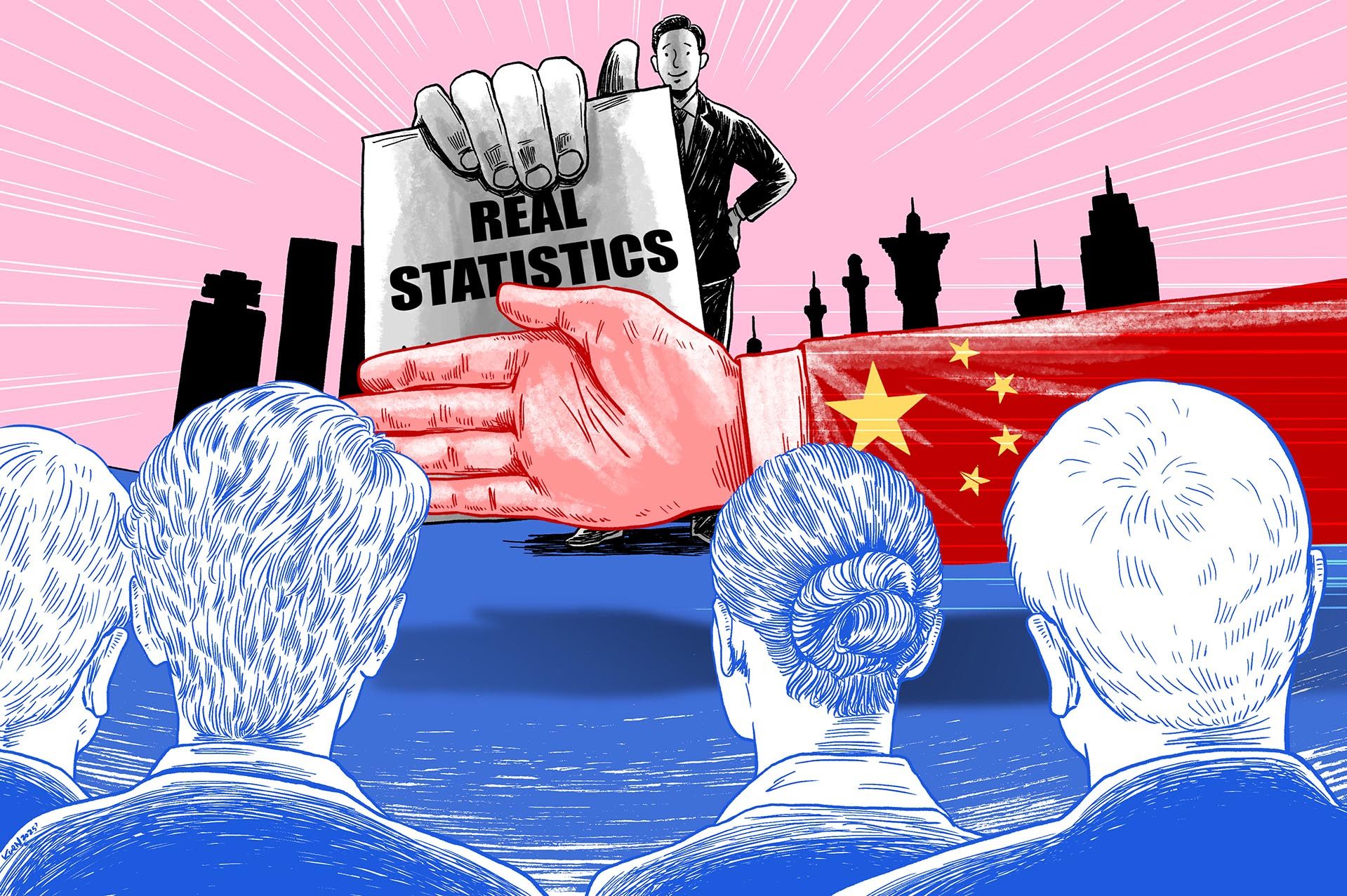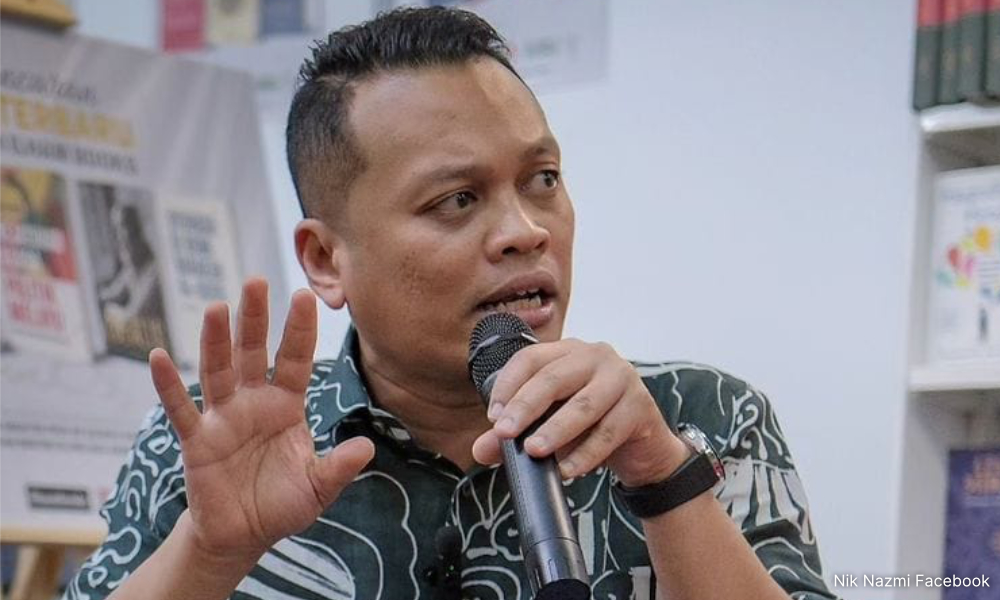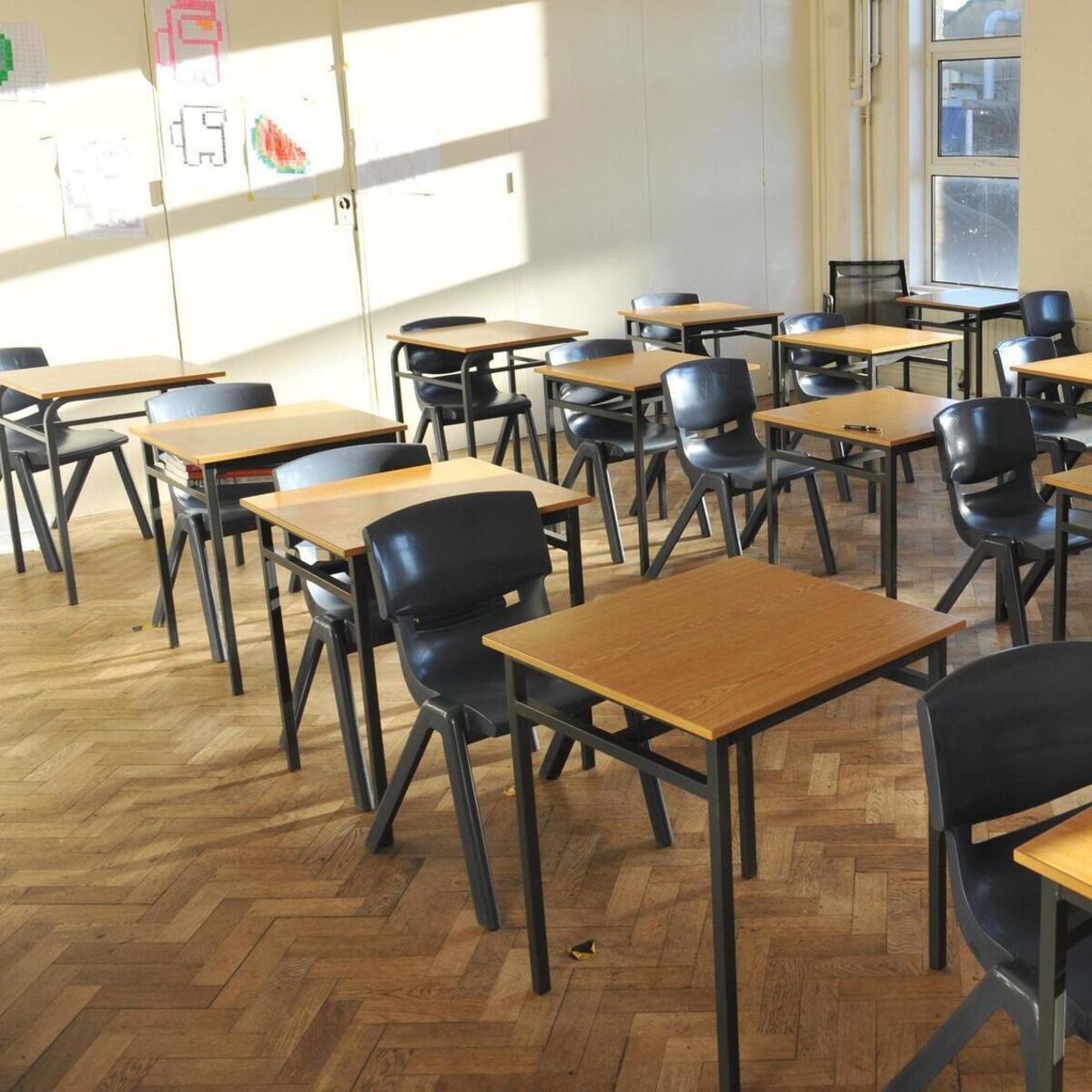By Sylvie Zhuang
Copyright scmp

As Washington and its allies continue to slap sanctions related to Xinjiang on Chinese companies, citing allegations of human rights violations, a group of scholars is trying to challenge some of those claims, digging into their years of field research and networks of contacts in the far western autonomous region.
Yet in their efforts to debunk the claims, the academics keep running into a brick wall: the reticence of regional authorities.
Generally seen by Beijing as well meaning, the scholars said they enjoyed decent access to the region. But they still found it difficult to conduct research as they wished and to obtain data to challenge allegations such as forced labour and birth control.
Some of these problems were laid bare on the sidelines of a conference in Hong Kong in August examining global perspectives on development in China’s western region. Dozens of researchers from inside and outside China attended.
The scholars pointed to Beijing’s possible concerns about disclosing the information, including the risk of distortion and misrepresentation by Western researchers and the comparatively low cost of making the accusations that inflict serious damage on named companies.
But they argued it would still be helpful for the region’s long-term development to disclose more information and data.
“I don’t think the Chinese government does a good job in terms of talking about Xinjiang,” said Barry Sautman, a professor emeritus at Hong Kong University of Science and Technology (HKUST), who has conducted field research in Xinjiang for decades, including last year.
“I think the first thing that they should do is take a concerted effort to promote a counter-narrative because they really haven’t done that.”
Sautman offered the observation on the sidelines of the conference co-hosted by HKUST, the University of Hong Kong and Tsinghua University.
“[Authorities] should encourage people to do objective academic research about Xinjiang, not just take them on tours to see things that are nice,” he said. “[They should] open themselves up to providing all kinds of statistical data and giving interviews to academics who are not their enemy.”
“The Chinese government has a self-defeating policy about doing research about Xinjiang,” added Sautman, who said he has been invited on government tours of Xinjiang several times.
“They make it difficult for scholars inside China and from outside China to do research … all kinds of statistics that they used to release but don’t release any more.”
Since 2019, Washington has levelled sanctions against Chinese companies based on accusations of human rights violations. Its list of firms sanctioned under the Uygur Forced Labour Prevention Act has grown steadily, now totalling 144 firms that export apparel, critical minerals, electronics, chemicals and steel.
The designation effectively bars the companies from entering the US market, according to the US Department of Homeland Security.
Scholars in China have argued that the sanctions have had a “significant impact” on the local economy, causing unemployment.
For years, Beijing has sought to counter the accusations, branding them “vicious lies fabricated by anti-China forces” meant to undermine the region’s prosperity and constrain China’s development.
To address concerns in the region, the Xinjiang government hosted 79 press conferences between 2021 and 2022, according to Xinjiang Daily, an official state media outlet.
A tally by the Post based on information from the Xinjiang foreign affairs office’s website shows 41 foreign delegations have visited the region on state-organised trips since 2018.
The visitors were mainly from the Middle East, Central Asia and Africa. Some comprised delegations from international organisations like the Shanghai Cooperation Organisation, the International Labour Organization, the Organisation of Islamic Cooperation and the United Nations.
Occasionally they come from the United States and Europe. A group of European entrepreneurs visited in May and a group of American students studying in China travelled in January. In 2021, John Thornton, chairman of Barrick Gold Corp and a former Goldman Sachs co-president, took part in such a trip to Xinjiang.
The Chinese government has a self-defeating policy about doing research about Xinjiang
Barry Sautman, professor emeritus at HKUST
Despite the PR push, analysts have argued these efforts are not enough, given the sweep and scale of the accusations.
A central claim made by German scholar and China hawk Adrian Zenz, widely quoted by Western capitals, is that the Chinese government has conducted “genocide” and carried out coercive birth control in Xinjiang as part of what he has depicted as a campaign to suppress the region’s Uygur population.
In a 2020 paper looking at sterilisations, IUDs and mandatory birth control, Zenz cited data published by the Xinjiang statistics bureau from 2013 to 2018, showing the natural population growth rate declined mostly in parts of Xinjiang where ethnic minorities lived.
For his research, Zenz was sanctioned by China in 2021, with Beijing denouncing his report.
Sautman said a major factor in lowering the Uygurs’ birth rate from 2017 to 2021 was the introduction of birth control in southern Xinjiang, but other factors like more years of education and a desire to postpone marriage for some years also played a role.
From the data that is available, the situation appears complex.
China’s nationwide one-child policy started in 1979, and in 1992, the Xinjiang government issued family planning measures, with one policy for Han Chinese and another for some of the region’s ethnic minorities, including Uygurs.
The measures allowed Han couples to have at most two children and Xinjiang’s major ethnic minority couples to have up to three. No such restrictions applied to other ethnic minorities comprising a smaller portion of the population.
Between 1964 and 2020, the region’s minority population consistently eclipsed that of its Han population, according to census data published by the Xinjiang statistics bureau.
Over the past five decades, Xinjiang’s Han population has surged from 2 million to 11 million and its minority population tripled from 4.9 million to 15 million. The growth rates for both groups slowed between 2010 and 2020 compared to other decades.
But from 2014 to 2018, the population growth rate for areas in Xinjiang where ethnic minorities predominated shrank steadily from 14.6 per cent to 4.1 per cent, according to the Xinjiang statistics bureau’s annual yearbook data.
Over the same four-year period, the growth rate for Xinjiang’s Han population dipped from above 7 per cent to 2.4 per cent, then rebounded in both 2016 and 2018.
Statistics from the regional government in 2021 showed that members of the Uygur community made up more than 80 per cent of the population in southern Xinjiang.
However, the region stopped publishing birth, death and marriage rates disaggregated by ethnicity, starting from its 2019 yearbook data, which was published in 2021.
It has also stopped publishing data on the use of various forms of birth control in Xinjiang’s prefectures. Such data had been included in the annual yearbook since as early as 2008. The Xinjiang government has yet to offer an explanation.
“Right now, all people can say is what the Western media say, and everybody agrees that everything is horrible in Xinjiang, and that’s because there hasn’t been much published yet, and the reason for that is it’s so difficult to do research,” Sautman said.
“If you have actual statistics about this, then you can make the argument in a much more effective way. But unfortunately, the Chinese government is not willing to release or risk anyone misusing these statistics.”
Sautman said the absence of ethnically disaggregated statistics in recent years has made it difficult for researchers to verify or challenge such claims.
He said he learned that the birth rate for Uygurs had gone up substantially in recent years from officials and scholars he spoke to when he was in Xinjiang.
The Xinjiang government has not made such data publicly available. It has only stated that in 2021 the Uygur population accounted for about 45 per cent of Xinjiang’s population and increased by more than 16 per cent compared to a decade ago.
Wang Jiang, deputy dean of the Institute of Chinese Borderland Studies at Zhejiang Normal University, said it was “more likely the Chinese government’s intentions are withholding certain information to avoid data misuse, deliberate misinterpretation or misinterpretation”.
It is also generally difficult for Chinese scholars, officials or artists to defend their rights if their work is being misused by other parties.
State-run China News recently reported on the rare case of three Xinjiang artists successfully defending their rights after their paintings were used in a book titled Terror Capitalism: Uygur Dispossession and Masculinity in a Chinese City to criticise China’s policies in Xinjiang, which the artists believed was a distortion.
The three artists enlisted a lawyer to send letters to American anthropologist Darren Byler; his employer, Simon Fraser University; and his publishing company, Taylor & Francis, seeking apologies and removal of the paintings, it said.
In January, the publication company issued a correction and removed the three artists’ paintings from Byler’s papers, saying that doing so aligned with their “editorial policy”. Neither Byler nor Simon Fraser University has apologised.
Wang further argued that criticism of Xinjiang policies by many Western think tanks and some scholars was levelled in the form of a report rather than an academic paper, which would go through a peer review process and often draw less public attention.
“Any misinterpretation comes at minimal costs for them but could have a lasting negative impact for China,” he said.
They just ignored me or didn’t want to speak with me as if they were afraid of me
Jaq James, Australian legal consultant
Another problem is the risk-averse approach local authorities take towards foreigners who are not part of an official delegation, according to Jaq James, an Australian legal consultant and attendee at the Hong Kong conference.
A resident of Guilin in the Guangxi Zhuang autonomous region, James recalled a Xinjiang company contacting her through an intermediary about the impact on the firm from an unflattering 2021 report by the Australian Strategic Policy Institute (ASPI), a think tank.
James, who wrote on her LinkedIn profile that she wanted to fight “Western propaganda”, sought to connect Uygur workers with law firms in Australia to sue the think tank for its report, saying it harmed local workers’ interests.
She initially received a request from a Xinjiang firm to sue ASPI, though she later turned it down. She said she was interested in helping ordinary people who lost their jobs, noting her motivation partly stemmed from her Islamic and Middle Eastern heritage.
James said that whenever she contacted anyone who had connections to the Xinjiang government, “they just ignored me or didn’t want to speak with me as if they were afraid of me”.
When she eventually arrived in Xinjiang in 2023 intending to do field research, she said she was “obstructed”.
James said she was later told privately by a Chinese state media journalist that the reason she received no support from the Xinjiang government was that she had yet to prove she was on China’s side and she had not been doing state media interviews.
That explanation, she added, amounted to “putting the cart before the horse”.
Wang Jiang, from Zhejiang Normal University, called for more transparency and better communication domestically to serve the interests of Chinese companies targeted by US sanctions.
“Similar to the US, [China acts in a way that] if you put me on a blacklist, I’ll put you on a blacklist,” Wang said of the battling narratives.
“But inside China, we do it in a Chinese way, which is we don’t talk about it,” he explained, singling out a lack of substantive communication from the Chinese government to companies.
“People have heard about the sanctions, but if you were to ask if they know about all the details, about all the [potential] damage, they don’t know.
“That does cause problems because smaller companies don’t have enough experience or information to know what to do in such a situation.”
Lin Fangfei, an associate professor of sociology at Xinjiang University, said “another major destructive effect” of American sanctions was that they created “fear”.
Lin said that in her field research she learned of a small company in Xinjiang that was sanctioned by the US after it drew praise from a Chinese state broadcaster as a model for providing local employment.
She said the company worried that any renewed attention could bring harsher consequences. She declined to name the company, citing research ethics.
Lin called for a more thoughtful and holistic approach to analyse the impact of US sanctions and for a more considered way to come up with solutions for companies, whom she described as concerned about “matters as serious as the survival” of their operations.
Wang said it would be helpful for the Chinese government to communicate what to do and offer more resources to companies targeted by US sanctions.
“When we face attacks from the US, small and medium-sized enterprises encounter particular difficulties, and the government could step in with stronger support.”
“Some companies in Xinjiang planned to sue the US government, though the plan later stalled,” he added.
“If these companies had a clearer understanding of their rights, of the legal options available to them and if the government could also tilt more policy support in their favour, I think they would have handled the situation much better.”



